 |
 |
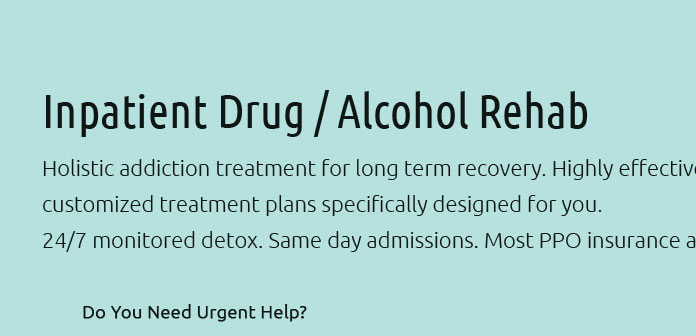 |
 |
 |
 |
||
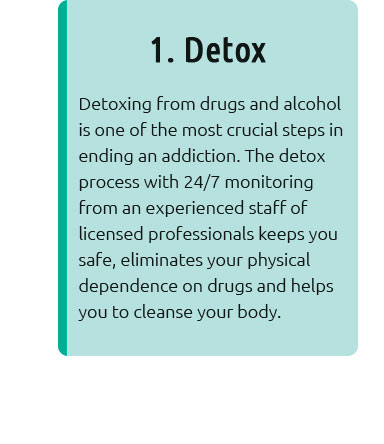 |
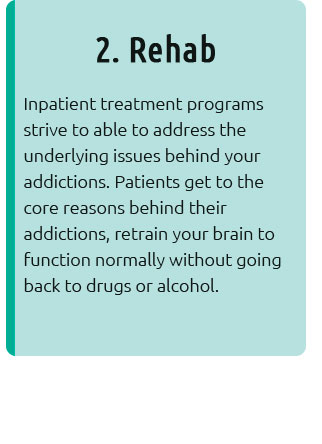 |
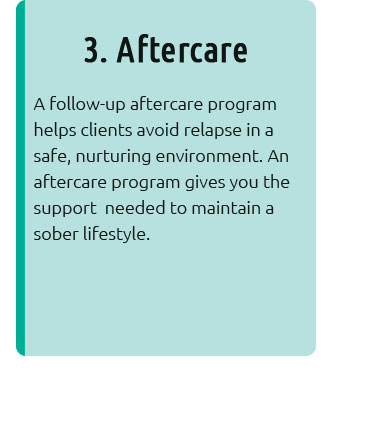 |
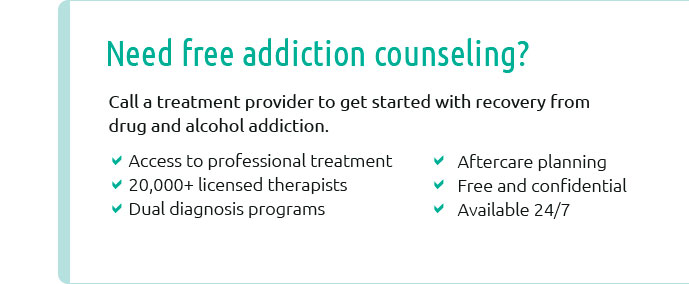 |
 |
 |
 |
||
 |
||
 |
||
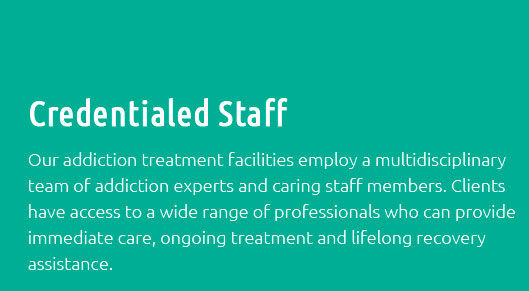 |
 |
 |
|
 |
|
|
Transform your life in just 28 days with our revolutionary inpatient drug and alcohol rehab program, where personalized care meets cutting-edge treatment to break the chains of addiction-experience a sanctuary of healing that empowers you to reclaim your future, surrounded by a team of dedicated professionals who understand your journey, providing the support and tools you need to thrive beyond recovery; here, you don’t just recover-you rediscover the best version of yourself, ready to embrace a vibrant, fulfilling life with newfound resilience and hope.
https://alamobh.com/is-28-days-of-rehab-long-enough-to-keep-me-sober/
Comprehensive addiction treatment programs can help people address the complex roots of their substance abuse. There are many treatment options ... https://www.wabashrecovery.com/drug-and-alcohol-rehab-program
28-Day Residential Substance Abuse Treatment in Kokomo, Indiana. Holistic care and round-the-clock support for addiction recovery. Call now to begin. https://www.insightactiontherapy.com/mental-health-blog/why-is-rehab-28-days/
When most people think of substance use treatment, they think rehab. Specifically, 28-day inpatient rehabilitation programs.
|